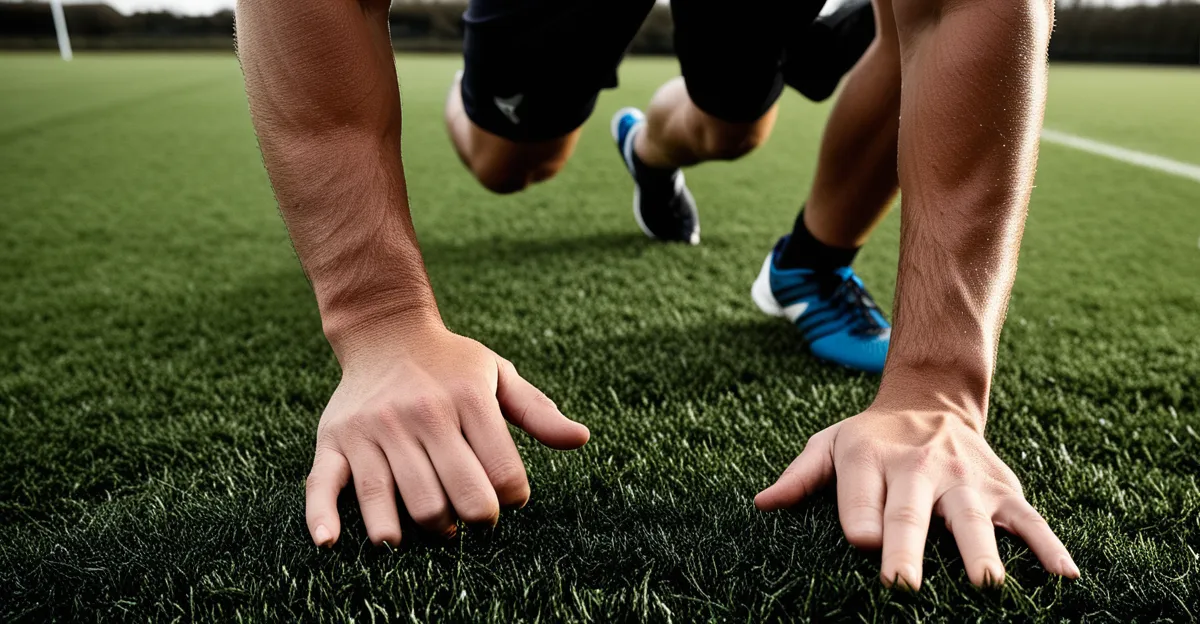Technological Advancements Shaping UK Sports Training
The UK sports technology landscape has evolved rapidly, reshaping how athletes train and perform. Prominent advancements include wearables that track biometrics such as heart rate and movement patterns, providing coaches with precise real-time data. Additionally, complex data analytics platforms analyze this information to offer actionable insights, helping to tailor training to individual needs. Mobile apps supporting sports training have also become essential tools, enabling athletes to monitor progress and adjust routines conveniently.
Traditional UK training methods, once heavily reliant on intuition and manual observation, are now increasingly supplemented—or even replaced—by these technology-driven approaches. This shift allows for more objective assessments and scientifically-backed decisions in planning sessions.
Also to discover : How Has UK Sport Influenced Global Athletic Culture?
UK sports clubs and academies have widely embraced this wave of innovation. From grassroots initiatives to elite institutions, adoption trends show a growing appreciation for how advancements in sports training can boost performance and reduce injury risks. This momentum demonstrates a clear move towards a more integrated, tech-savvy training environment across the UK sporting ecosystem.
Effects of Technology on Athlete Performance in the UK
The impact of sports technology on athlete performance has been profound, primarily driven by real-time analytics and performance monitoring tools. These innovations enable coaches and athletes to assess metrics such as speed, power, and biometrics accurately during training and competition. This immediate feedback facilitates informed adjustments for optimal output.
Also to read : What role do sponsorships play in the success of UK sports teams?
Personalised training plans are now a standard outcome of data-driven insights. By analysing detailed performance data, training regimens can be customised to address an athlete’s precise strengths and weaknesses, boosting potential while reducing overtraining risks.
In the UK, applications of these advancements in sports training are evident among Olympic athletes and Premier League footballers alike. For instance, elite runners use wearable sensors to fine-tune running economy, while footballers benefit from GPS and heart rate monitoring during matches to optimise stamina and recovery strategies.
Thus, enhanced performance monitoring through UK sports technology has transformed how athletes prepare, compete, and recover, marking a significant evolution in sport science and training effectiveness.
Transforming Coaching and Training Practices
Advancements in coaching technology have reshaped training methods UK by enabling data-led strategies that enhance athlete development. Coaches now use sports analytics extensively to provide tailored feedback, often delivered virtually, allowing athletes to adjust techniques in near real-time. This shift supports more precise and objective coaching compared to traditional observation-based approaches.
Video analysis has become a cornerstone in UK coaching sessions, offering detailed breakdowns of movements and tactics. For example, football coaches review match footage with integrated data overlays, helping players understand positional play and decision-making more effectively. This approach not only refines skills but also accelerates learning curves.
In talent identification and youth development, technology plays a critical role by quantifying physical and technical attributes systematically. This allows academies to spot potential early and track progress scientifically, reducing reliance on subjective judgment. The integration of these tools promotes a more consistent and transparent pathway from grassroots to elite levels within UK sport.
Overall, the fusion of coaching technology and sports analytics is advancing training precision and fostering smarter athlete preparation across the UK.








